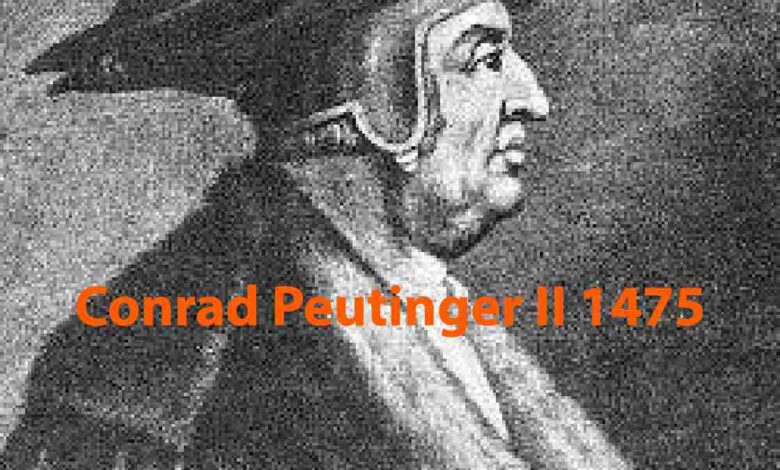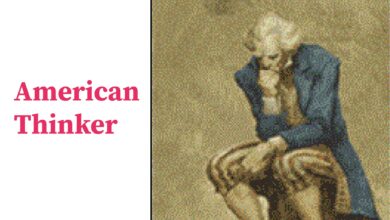Exploring Conrad Peutinger II 1475 and His Humanist Impact

Conrad Peutinger II 1475, was not just a product of the Renaissance; he helped shape it. From his early education in Augsburg to his later years as a prominent humanist scholar, Peutinger’s life was a blend of intellectual pursuit and practical politics. His work and legacy are testaments to a period brimming with exploration and rediscovery of classical antiquity.
The Making of a Humanist
Peutinger was born into a wealthy merchant family in Augsburg, a major center for trade and learning in Europe. He went to the top universities in Italy, studying the humanities. He learned a lot from classic books, which later shaped his work. His education wasn’t just about learning; it also prepared him to share his knowledge in different ways, such as making maps, changing laws, or handling talks between countries.
The Tabula Peutingeriana: Cartographic Mastery
Years later, the name Peutinger was forever linked to a special document called the Tabula Peutingeriana. This map showed roads and paths from England to India in the ancient Roman world. Although Peutinger did not create the map himself, his effort to save such important pieces meant that later, Roman scholars could use and share it. This helped them learn more. The map is also part of a bigger movement during the Renaissance to reconnect with and keep alive their history.
A Political and Economic Thinker
In addition to his academic contributions, however, Peutinger was also an establishment figure in the worlds of economics and politics. As an advisor to Emperors Maximilian I and Charles V, he advised the Emperor in matters of trade, monopolies, and economic policy. He called for a nuanced economic restriction (for instance, the virtues of free markets vs. holding monopolized sway over necessary goods).
This nuanced reading of economic forces demonstrated his potential to marry concerns for the humanist with those grounded in rational statesmanship, making him an appropriate economizer of a Europe learning capitalism.
Humanism and Its Dissemination
Peutinger was one of the figures at the centre of humanism, and his house in Augsburg became a general meeting-place for scholars such as Erasmus von Rotterdam. Beyond memorialization, he worked for anti-corruption educational and civic reform based on humanist principles. He paved the path to save & revive these classics in a way that could reach and be relatable with renewed interest towards contemporary governance and societal structure.
Epigraphy and Classical Studies: A Legacy of Scholarship
Peutinger’s impact was widespread and significant, particularly in the practical and political realms. His deep knowledge of epigraphy and classicism marked him as one of the early modern scholars who began to approach textual scholarship in a way that we can recognize today.
In 1505, he published “Romanae vetustatis fragmenta,” which made him one of the first German scholars to study Roman inscriptions scientifically. This work greatly expanded our understanding of Roman history by using a wider and larger collection of epigraphical sources. His efforts went beyond mere presentations at conferences; they set a new direction for future scholarship.
One of the key contributions of Peutinger’s work is the strong emphasis on using primary sources in historical research, a principle that has continued to be fundamental to all serious historical studies.
Reformer of the Church and the Academy
Peutinger was a significant influence in both religious and educational reform. In an age marked by revolutionary religious challenges, he pursued a balanced course, advocating for reform within the church that stayed true to original scriptures while upholding its structural foundations.
Similarly, his approach to education was driven by reform; he championed the creation of libraries and the promotion of classical texts in schools, ensuring the transmission of humanist values to future generations.
Legacy and Impact
Conrad Peutinger II 1475, life and work show how much one person can do in different areas. He helped keep Roman history alive, improved economic conditions, and helped humanist learning grow. His work does more than just last through time, it shows the ongoing importance of education and keeping cultural heritage safe.
The Renaissance, shown through Peutinger’s life, was more than just bringing back old ideas. It was a time of great teamwork in thinking, which laid the groundwork for many important ideas in history. His life shows how rich this period was and how humanist ideas deeply influenced culture and politics.





